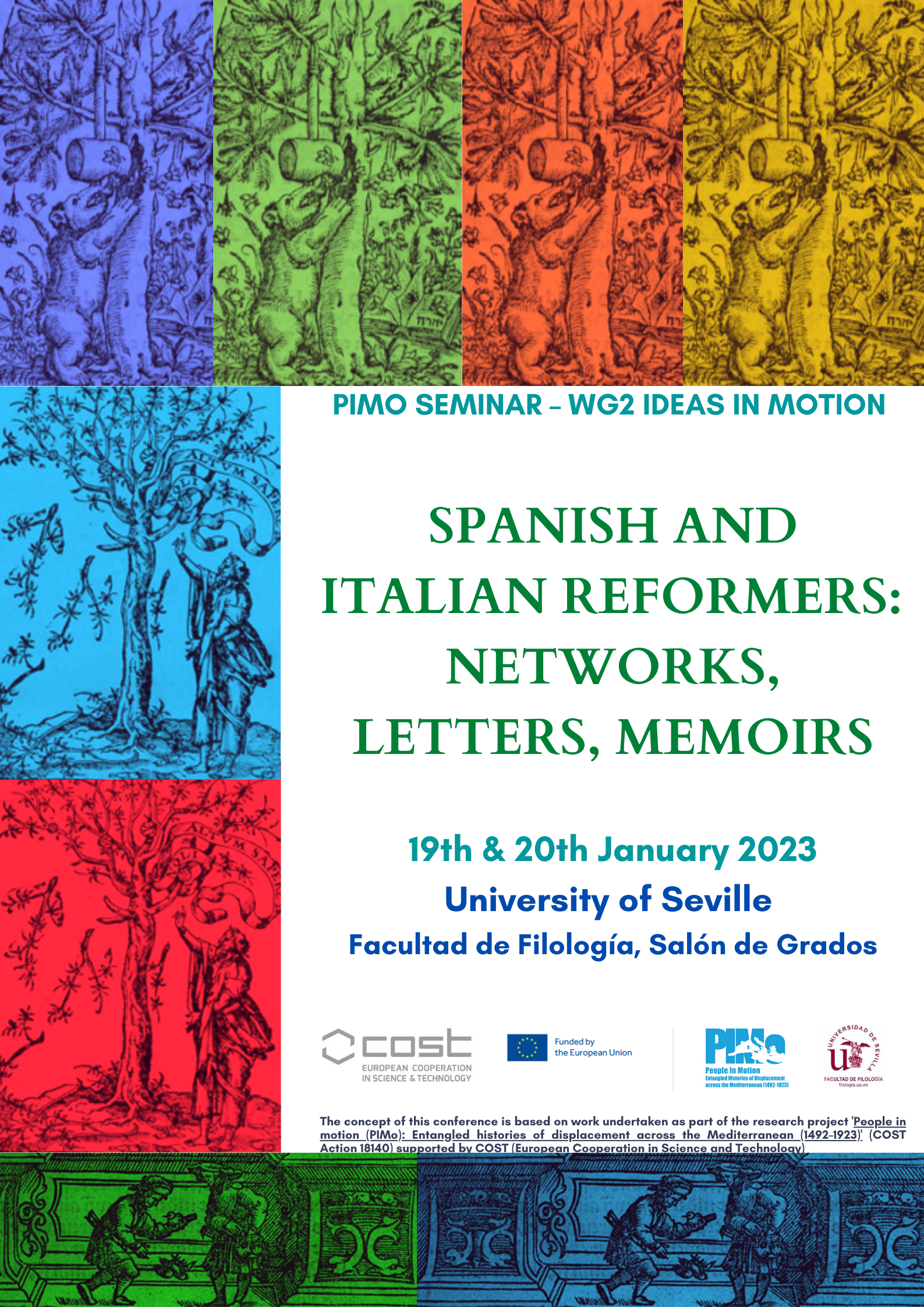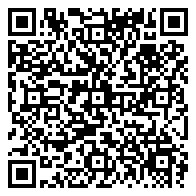
Spanish and Italian Reformers: Networks, Letters, Memoirs, WG2 Workshop, University of Seville, January 19-20, 2023
Recent scholarship on European and Mediterranean religious diasporas has shown how the traditional tendency to see the early modern world in terms of clearly defined beliefs and confessional boundaries is highly problematic. In this regard, microhistorical approaches have proven particularly effective as they allow us to look beyond institutional clear-cut dogmatic affiliations, and, instead, offer an insight into various hybrid forms of adaptation, appropriation, and cultural transfer often led by individuals who experience detention, displacement, and forced exile for religious reasons. Within this framework, the PIMo WG2 Workshop “Spanish and Italian Reformers: Networks, Letters, Memoirs” (University of Seville, 19-20 January 2023) will discuss how sixteenth and seventeenth-century Italian and Spanish religionis causa exiles envisioned themselves, or constructed and promoted an idea of themselves, through their writings and ego-documents. Case studies range from Casiodoro de Reina, the Sevillian monk who first translated the Bible into Spanish, to the humanists Francisco de Enzinas and Celio Secondo Curione; from the noblewoman Isabella Breseña, to Juan Borgoñón; from Antonio del Corro and Bernardino Ochino, to the translator and propagandist Juan Pérez de Pineda; from the released North-African slave Prospero d’Imperatore, to the heterodox Italian émigrés Jacopo Aconcio and Francesco Pucci, among others. By analysing a wide range of sources, from poetry to memoirs, from historical and religious printed texts to handwritten letters, from autobiographical and inquisitorial documents to the paratextual materials preceding their works (introductions, dedicatory epistles, prefaces), the fifteen papers of this workshop will explore the ways in which these Spanish and Italian thinkers, far from their countries and often persecuted or in danger, living “in the margins”, presented their life experiences and religious and political ideas, and in so doing conceptualised their individual experience as exiles and, more largely, of exile. By means of various self-fashioning and rhetorical strategies, including dissimulation, persuasion, fictionalization, and confrontation, they paint both an intellectual and an emotional picture of the experience of exile in early modernity.


